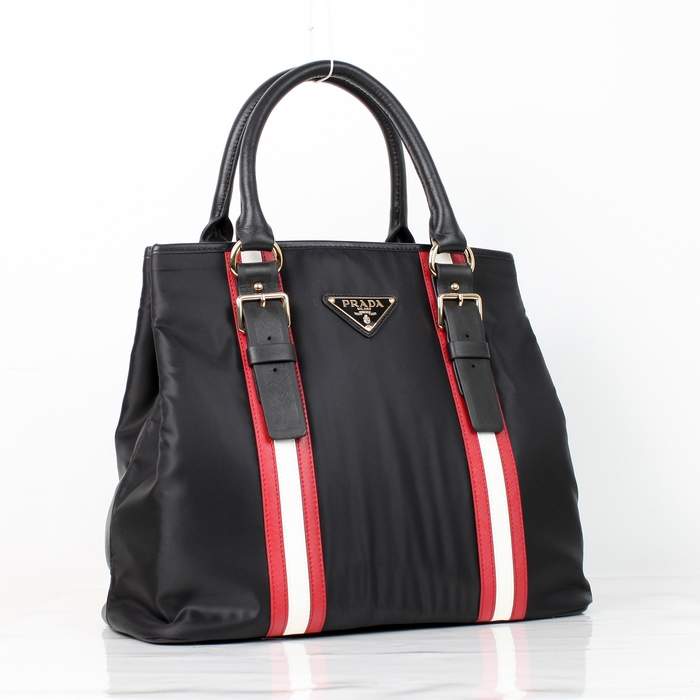Decoding Prada's Copies: The Comprehensive Guide for Replica Lovers
Overview to the World of Prada's Replicas The brand Prada, an renowned label in the style industry, is equated with richness, sophistication, and timeless style. Created in replica hand bags prada by Mario Prada in Florence, Italy, the label has come a long way, influencing countless fashion fashions and solidifying itself as a sign of opulence. However, with great fame arrives imitation, and the copy sector has grown alongside the growth of high-end names like this brand. Copy products, often called “knockoffs,” replicate the designs of luxury labels but come at a small part of the price. For numerous, Prada's imitations offer a way to enjoy the charm of richness without overstepping the bank. But moving through the realm of copies is not without its challenges. This blog intends to help you through understanding, spotting, and mindfully buying the Prada replicas while reflecting on moral and lawful aspects. Distinguishing Genuine Prada against Copy Items Recognizing how to spot a real Prada's item is important, especially for people interested in replicas. Here are what to watch for: Check the Logo Real Prada products feature a flawless logo. The metal plaques are always impeccably arranged, and the lettering is uniform. The 'R' in the Prada should have a noticeable correct leg shape. Examine the Substance Prada uses premium materials. Real leather feels luxurious and luxurious, while replicas may use lower-cost, synthetic substitutes. Materials on authentic pieces are firmly knitted and long-lasting. Inspect the Threading Authentic Prada pieces boast impeccable stitching. The threads are even, symmetrical, and without unraveled threads. Imitations often have lopsided sewing and frayed ends. The Ethics and Lawfulness of Purchasing and Distributing Replicas Buying and selling replicas isn't just a question of private decision; it also raises significant moral and legal considerations. Ethical Concerns Supporting the replica market can diminish creativity and creativity. Designers invest significant effort and capital into designing authentic products, and imitations can take away from their well-deserved accomplishments. Legal Considerations It is against the law to create, sell, or distribute imitation goods in many regions. Purchasing imitations may not be unlawful in all areas, but it is essential to know local laws and regulations.  Effect on Labels The proliferation of copies can dilute a brand's
Effect on Labels The proliferation of copies can dilute a brand's